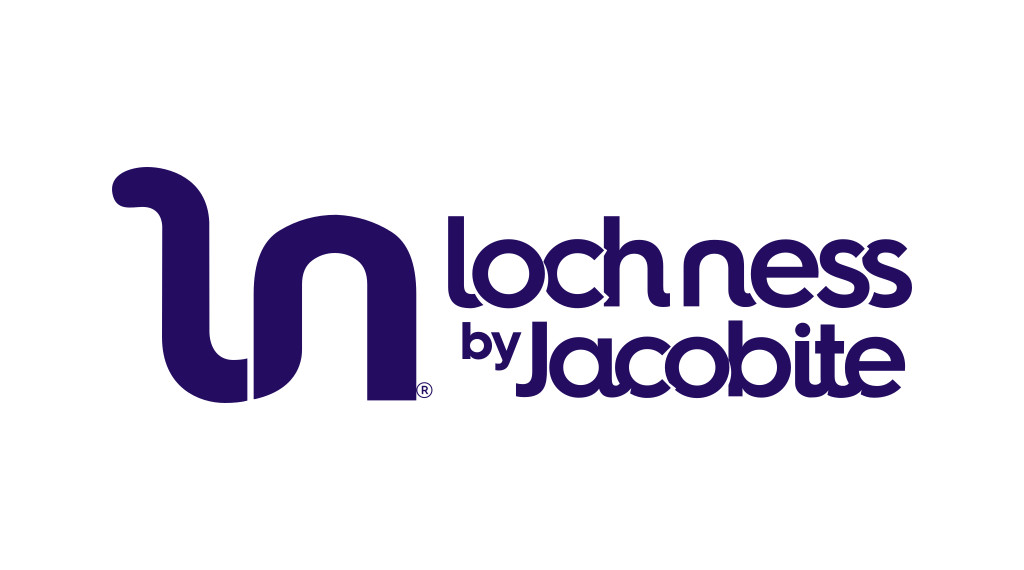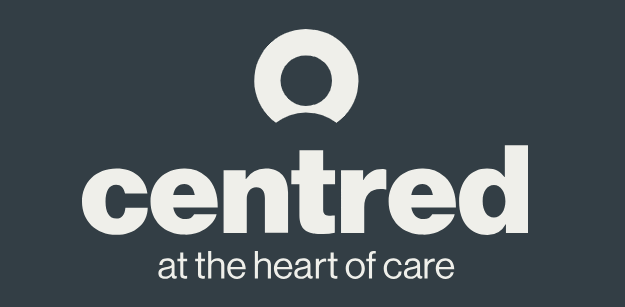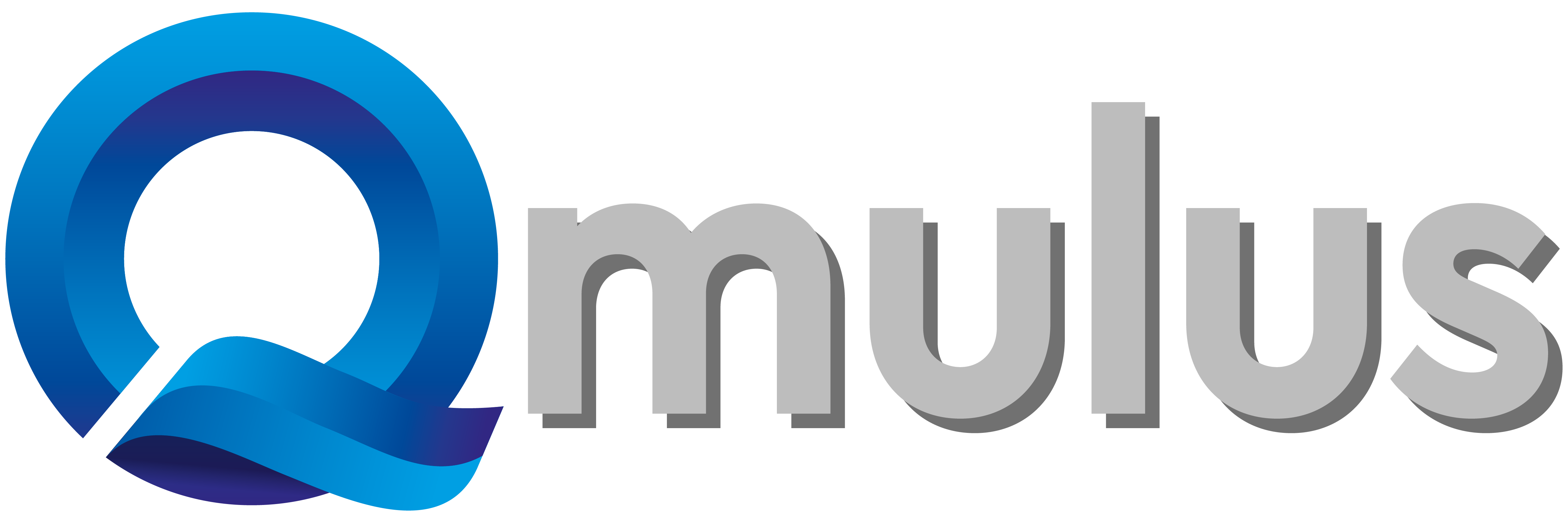Remote and hybrid work is now a permanent part of business operations, and this means that cybersecurity remains as important as ever, if not more so!
Working from home or public spaces can present us with unique risks including unsecured Wi-Fi networks and phishing attacks. To help keep your devices, data, and business safe, we’ve put together a handy cybersecurity checklist for remote/hybrid workers (and even those who work in the office!) to follow.
-
Use a Secure Internet Connection
One of the biggest risks remote workers can face is connecting to unsecured Wi-Fi networks. Avoid public Wi-Fi unless absolutely necessary. Instead:
- Use a Virtual Private Network (VPN) to encrypt your connection.
- If working from home, change your router’s default password and enable WPA3 encryption.
- Consider using a personal hotspot instead of public Wi-Fi when traveling.
We cover more information about the risks of public Wi-Fi in our article, here.
-
Enable Multi-Factor Authentication (MFA)
MFA adds an extra layer of security by requiring a second form of verification, such as a code sent to your phone. This prevents hackers from accessing your accounts even if your password is compromised.
How to Set Up MFA:
- Enable it on your email, cloud services, and work accounts.
- Use an authentication app like Microsoft Authenticator or Google Authenticator instead of SMS codes for extra security.
Learn more about the benefits of MFA/2FA on our blog.
-
Keep Your Software and Devices Updated
Cybercriminals will look to exploit outdated software to gain access to systems. To protect yourself:
- Turn on automatic updates for your operating system, antivirus, and software.
- Regularly update Microsoft 365, Zoom, and other work applications.
- Install security patches as soon as they are available – including on your business websites and plugins.
When you partner with sfG Software, we take care of updates for you!
-
Use Strong, Unique Passwords
Weak passwords are one of the easiest ways for hackers to gain access to your accounts. Most people know this, but you may (or may not!) be surprised at the number of people who continue to use easily guessed or repetitive passwords.
Best Practices for Password Security:
- Use at least 12-16 characters with a mix of letters, numbers, and symbols.
- Never reuse passwords across different accounts. If someone gains access to 1 account, they could easily gain access to the rest!
- Use a password manager to securely store and generate passwords.
-
Be Aware of Phishing Attacks
Phishing emails are designed to trick you into revealing sensitive information. Stay alert and:
- Check the sender’s email address for misspellings.
- Avoid clicking links or downloading attachments from unknown sources.
- If an email seems suspicious, verify it with your IT team before responding.
We’ve covered phishing attacks in more detail online, here.
-
Secure Your Work Devices
Your laptop, phone, or tablet can be a target for cybercriminals. Secure your devices by:
- Locking your screen when stepping away.
- Enabling disk encryption (such as BitLocker on Windows) to protect stored data.
- Using remote wipe capabilities in case of theft or loss.
-
Back Up Your Data Regularly
Data loss can occur due to cyberattacks, hardware failures, or accidental deletions. Ensure your work is backed up:
- Keep an offline backup on an external hard drive for critical files.
- Automate your backups to run daily or weekly.
-
Follow Your Company’s IT Security Policies
Every business has different security requirements. Stay compliant by:
- Using company-approved software and tools.
- Reporting any security incidents to your IT team immediately.
- Attending cybersecurity training sessions to stay informed.
Final Thoughts on Cybersecurity Advice
Cybersecurity is a shared responsibility. By following this checklist, remote workers can help protect both their personal and company data from cyber threats. And remember, we’re all human and can make mistakes – if you do find yourself in the situation where you’ve possibly clicked on a phishing link or put data at risk, the best thing you can do is report it to your IT team immediately. They’re trained to step in and support you.
At sfG Software, we offer proactive IT support to help businesses stay ahead of cybersecurity challenges. If your business needs expert IT solutions, get in touch with us today!


























